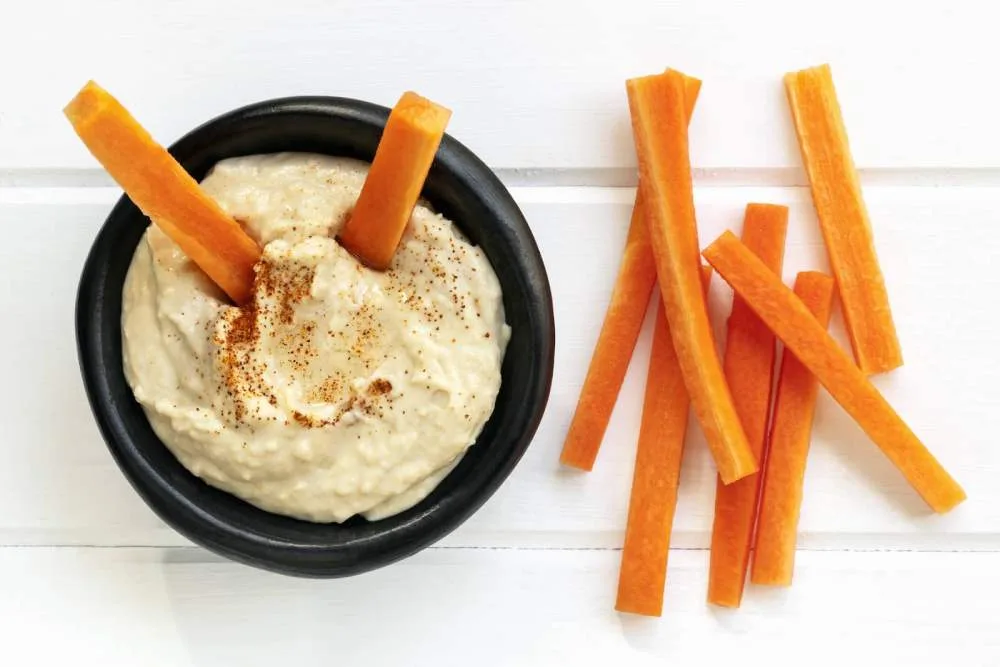Q: I’ve been seeing more about the health benefits of seaweed. What are they, and how should I eat it?
A: While people in Asia have been happily munching on nori, wakame, and all kinds of other algaes for a long time, the health benefits of seaweed are just starting to enter the popular consciousness in the United States. And it’s about time!
Not only are the many varieties of seaweed—AKA sea vegetables—delicious (trust me, chefs go crazy for the umami flavor), they’re incredibly good for you. Another bonus? Seaweed cultivation, when done properly, is incredibly sustainable, requiring significantly fewer resources than producing other healthy foods.
Here’s what you need to know to start incorporating aquatic veggies into your diet, now.
The Health Benefits of Seaweed
First of all, we use the generic term seaweed for a bunch of sea vegetables that are classified by their color, shape, taste, and texture. In the US, we most commonly see nori, hijiki, wakame, and types of kelp like arame and kombu. (Kelp is currently an up-and-coming crop here, by the way.)
Now, to the nutrients: All kinds of seaweed are extremely low in calories and crazy rich in minerals like calcium, magnesium, and potassium, which are essential to wellbeing. Each seaweed’s mineral profile varies, but 100g of raw wakame, for example, contains 150mg of calcium, compared to 125mg in the same amount of milk. That number is even higher when the seaweed is dried. Depending on the type, seaweed may also contain plenty of vitamin A, C, K, and/or folate and a serious dose of antioxidants.
RELATED: Is Sushi Really Healthy?
Research on the overall health benefits of seaweed is pretty impressive, too. One review of 100 studies found eating seaweed may help lower blood pressure and therefore boost heart health. Other studies have linked long lifespans in certain Japanese cultures partially to eating seaweed.
One important point: some seaweed (like dulse and kelp) is rich in iodine, which is great for thyroid health since it’s needed for the production of thyroid hormone. However, taking in excess iodine can cause or worsen hyperthyroidism, so you’ll want to watch your intake and be sure not to go overboard if that’s an issue for you.
How to Eat Seaweed
Speaking of eating it, if you’re freaked out by its slimy nature, I get it. If you can’t warm up to the taste, there are many ways to sneak it into dishes where you won’t even notice it. Slip it into a soup, for instance, or into homemade veggie burgers.
If you’re ready to really dive in, here are a few of my favorite ways to eat it:
- Ditch the salt shaker and add flavor to basically anything by sprinkling on seaweed flakes, a seasoning that’s now easy to find.
- You can eat nori on sushi night, but you can also now buy it at regular supermarkets, Asian food stores, and health food stores. Use the little wrappers to turn rice, fish, and veggies into simple hand rolls by placing the filling onto one side and rolling it into a cone. I like to wrap turkey in a sheet of nori as a fast, mineral-loaded “wrap.” You can also line a tortilla with a piece of nori before turning it into a taco or quesadilla, or cut it up into your miso or any soup.
- Seaweed salad is a Japanese staple and a nice alternative to the same old greens you depend on. Plus, it can involve other nutritious ingredients like ginger, sesame, and green onions.
- Finally, I love to snack on sheets of thin and crispy roasted seaweed, like Gimme Organic’s products.
Alright, now go forth and channel your inner mermaid in the kitchen!





























